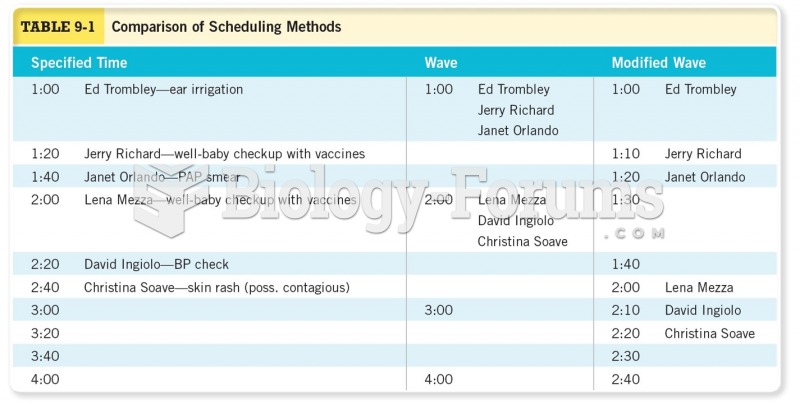Answer to Question 1
After the complaint has been filed, the court typically schedules a conference to consult with the attorneys for both sides. (A party who is not represented by an attorney will attend the conference himself or herself.) Following this meeting, the judge enters a scheduling order that sets out the time limits within which pretrial events (such as the pleadings, the discovery, and the final pretrial conference) must be completed, as well as the date of the trial. Under FRCP 16(b), the scheduling order should be entered as soon as practicable but in any event within 90 days after the appearance of a defendant and within 120 days after the complaint has been served on a defendant. The purpose of this meeting is to enable the court to manage the case efficiently and establish time restrictions that are appropriate given the facts and circumstances of the case.
Answer to Question 2
In many instances, the defendant is already aware that a lawsuit is being filed. (Often the plaintiff's attorney has been in contact with the defendant and has indicated that a complaint would be filed.) In such cases, a plaintiff can request the defendant to waive (give up) her or his right to be formally served with a summons. FRCP 4(d) sets forth the procedure by which a plaintiff's attorney can request the defendant to accept service of the documents through the mail or other reliable means. Many states have similar rules. The aim of FRCP 4(d) is to eliminate the costs associated with service of process and to foster cooperation among adversaries. As an incentive, defendants who agree to waive formal service of process under the federal rules receive additional time to respond to the complaint (60 days, compared with the 20 days that a defendant normally has to respond to the complaint under FRCP 12). Some state rules of civil procedure provide other types of incentives, such as making a party who will not agree to waive service pay for reasonable expenses thereafter incurred in serving or attempting to serve the party.







